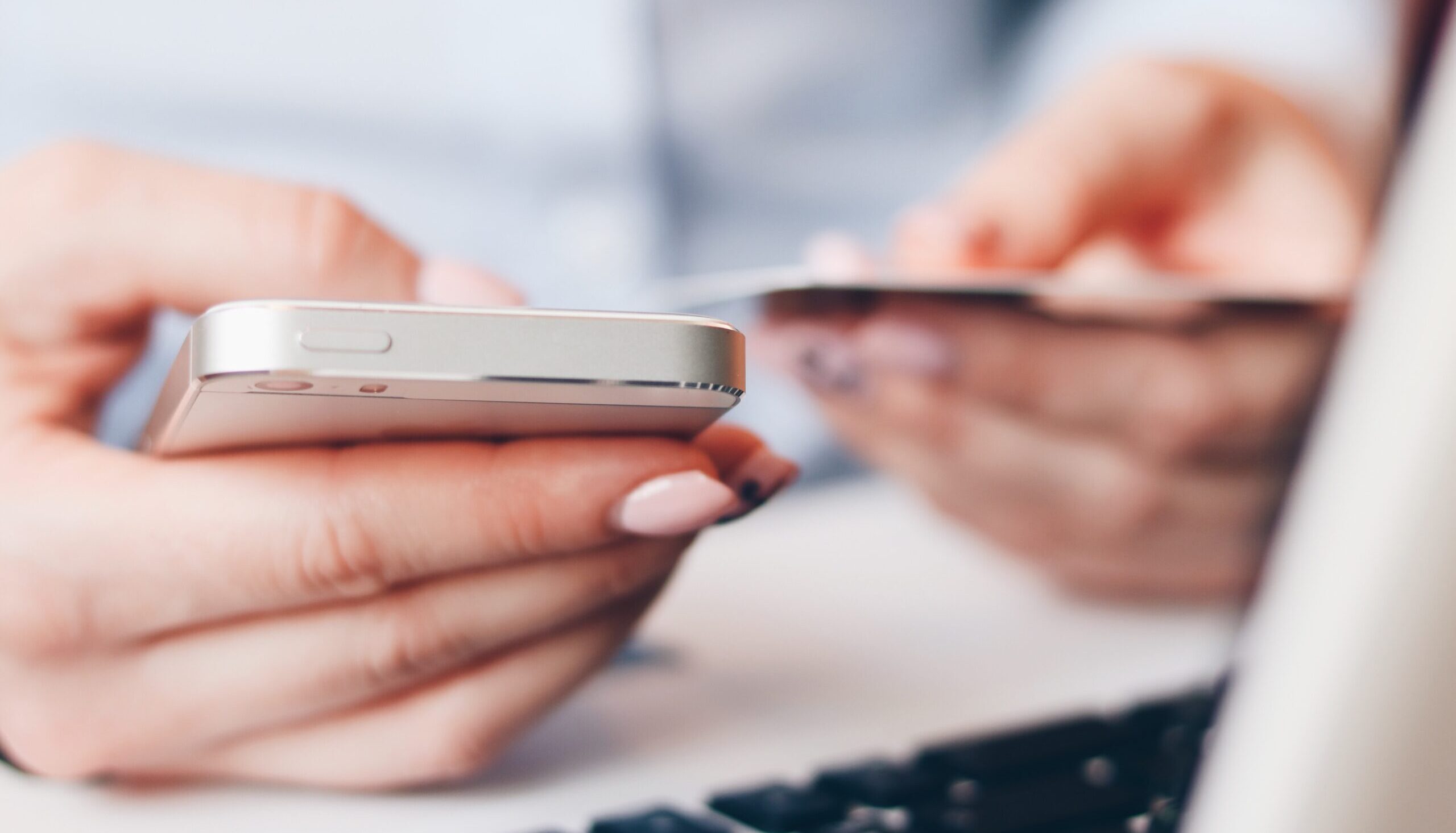The AppStore has been around for 15 years, and Apple® invests a huge amount of effort to make it one of the world's most trusted platforms for applications: its security systems have blocked more than $2 billion worth of potentially fraudulent payment transactions, and the company blocked nearly 3.9 million stolen credit cards in 2022. Here are some shocking figures!
The process behind AppStore
Apple puts a lot of resources and attention into keeping users safe and filtering out suspicious items; while in 2021 it banned more than 800,000 developer accounts linked to dangerous content from its platform. This decreased by 50% in the next year, so the method is working!
With 650 million people visiting the AppStore every week, it is an attractive target for less than honest developers, so it is inevitable for Apple to take rigorous and thorough security measures before an app is made available on the AppStore.
In order to filter out inappropriate content before it is published, Apple pre-scrutinizes every app that enters the AppStore in several stages. Every week, the 36 million developers registered with Apple throw around 100,000 apps into the quality control process, of which 1.7 million were rejected last year. They do this, for example, by using Xcode®, which checks whether the app was built using official technologies and whether it meets the store's standards. Then, when the developer uploads the app to AppStore Connect, it goes through some more checks, such as whether it contains private APIs or known malwares.
If an app comes this far, it’s not over yet. It goes to the App Review group, which was set up to help app developers publish their developments on the platform as quickly as possible, but in a state that truly reaches the AppStore's standards. As the App Review team's process is evolving dynamically, over 100,000 apps are reviewed by them every week - and roughly 90% of them get feedback within 24 hours - with the aim of providing the fastest response time possible while maintaining quality. In doing so, they help developers, while protecting the interests of the store and promoting the security measures Apple requires.
Phishing, malware... can they be really avoided?
A plethora of apps get filtered out by Apple, and just because of code quality or suspected fraud: around a quarter of unpublishable apps have been denied because of inadequate data management.
Apple is also at the forefront of protecting financial data, with secure payment methods – for e.g., Apple Pay® and StoreKit - not giving users' card details to merchants, and immediately blocking payments made with stolen credit cards. In 2022, a record was set by preventing $2 billion in fraudulent transfers, which was accompanied by the blocking of 714,000 accounts, which are now unable to initiate further transactions.
Moreover -- something that cannot be said about competitors... -- Apple takes user feedback very seriously. Dangerous, phishing, or misleading apps on other application publishing platforms are subject to unrealistic and untruthful five-star ratings, because they are generated by bots of shady developers that unethically mislead masses of users.
And in many cases, negative user reviews of their application are deleted, giving them complete autonomy over creating a misleading feedback section. The AppStore developers filter out all these bot-generated reviews and restrict developers from managing comments and reviews, providing a credible rating platform for the apps published there.
But what will the future bring?
The fact that the company pays such close attention to the security and authenticity of the AppStore is not a small and significant achievement. In 2021, the announcement that the EU would oblige Apple to allow users to download apps from third-party sources stirred up a lot of controversy among the professional community. This was strongly opposed by the company itself and many experts, as a regulation that would give a green light to malicious developers targeting Apple devices and expose both individuals and, most importantly, corporate users to such scams and phishing. And this affects the iPhone® users the most, because so much valuable, private and sensitive data is stored on them nowadays, whether for personal use or for work that any leniency in this area will lead to huge losses and damage.
But for now, Apple devices seem to be safe from these potential threats as Apple’s security policy is just as strict as ever. Unlike other competitors, the AppStore puts all content through a meticulous and rigorous filtering process, demonstrating Apple's full commitment to true data security.
This not only protects the interests of developers and users, but also provides a trusted and truly user-centric resource for both individuals and businesses.


